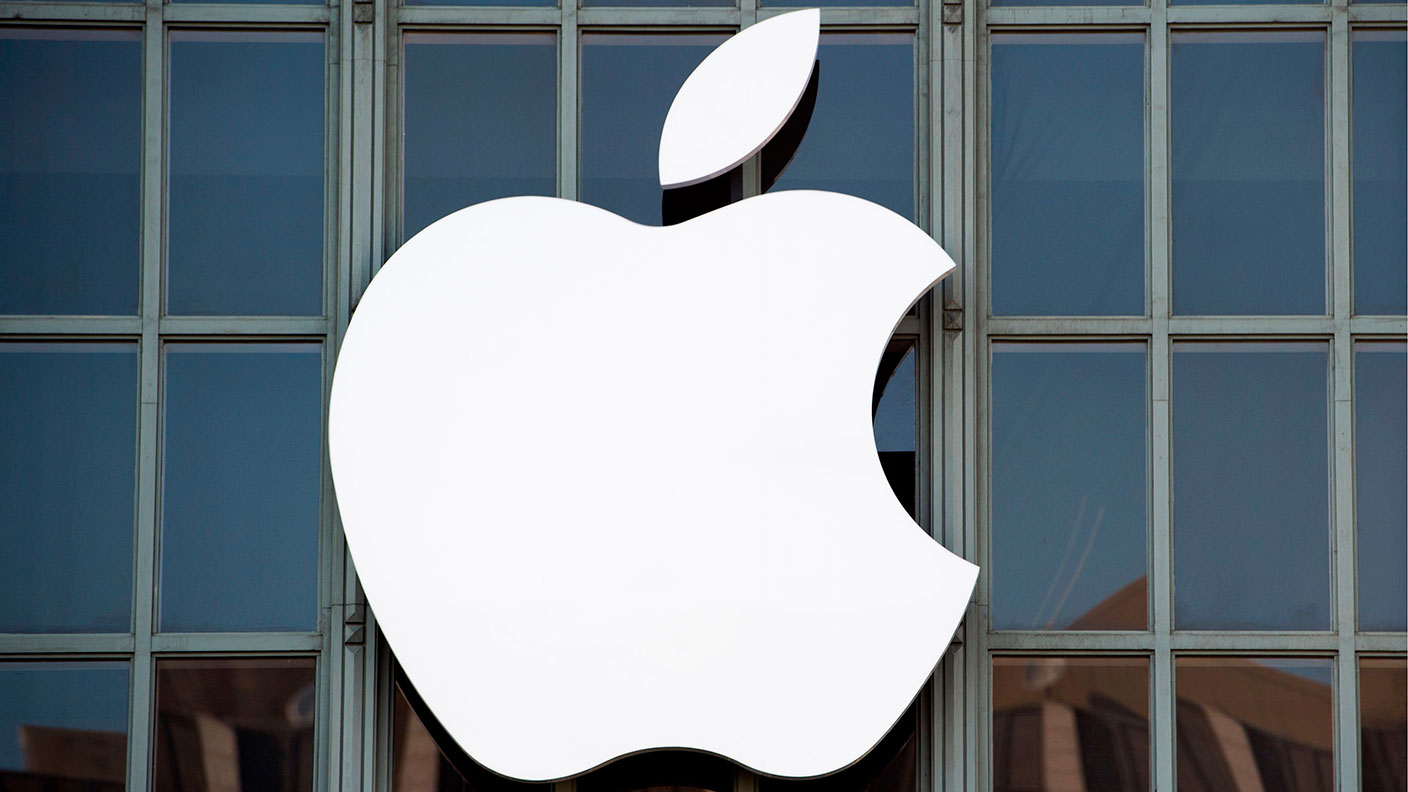Apple loses court battle over €13bn tax bill - should you invest?
The case against Apple was brought by the European Commission and ends an eight-year dispute

Get the latest financial news, insights and expert analysis from our award-winning MoneyWeek team, to help you understand what really matters when it comes to your finances.
You are now subscribed
Your newsletter sign-up was successful
Want to add more newsletters?

Twice daily
MoneyWeek
Get the latest financial news, insights and expert analysis from our award-winning MoneyWeek team, to help you understand what really matters when it comes to your finances.

Four times a week
Look After My Bills
Sign up to our free money-saving newsletter, filled with the latest news and expert advice to help you find the best tips and deals for managing your bills. Start saving today!
Apple has been told to pay €13bn in unpaid taxes in Ireland by Europe’s top court.
The move puts an end to an eight-year legal battle over whether the tech company received “illegal” tax breaks in Ireland that gave it an unfair competitive advantage.
The case was brought by the European Commission, not the Irish government, which has repeatedly argued against the tax needing to be repaid. Ireland said it would respect the latest European Court of Justice ruling.
MoneyWeek
Subscribe to MoneyWeek today and get your first six magazine issues absolutely FREE

Sign up to Money Morning
Don't miss the latest investment and personal finances news, market analysis, plus money-saving tips with our free twice-daily newsletter
Don't miss the latest investment and personal finances news, market analysis, plus money-saving tips with our free twice-daily newsletter
Apple, which saw its share price drop almost 2% in early morning trading on Tuesday (10 September), said: “This case has never been about how much tax we pay but which government we are required to pay it to. We always pay all the taxes we owe wherever we operate and there has never been a special deal.”
Margrethe Vestager, the EU competition chief, hailed the ruling as a “big win for European citizens and for tax justice”.
Apple is the second most valuable company in the world. Only Microsoft ranks higher, based on market cap.
What other challenges is Apple facing?
Apple has earned investors glittering returns over the past two decades. If you had invested $1,000 in Apple 20 years ago, your investment would be worth more than $450,000 today, according to data from Morningstar Direct.
Despite this, the company has run into headwinds recently, causing some investors to question whether it has lost its way. A 10% annual drop in iPhone sales has caused particular concern, given the iconic smartphone is the company’s flagship product.
Indeed, Apple has faced increased competition in recent years – particularly in the key market of China where the likes of Huawei, Vivo, Xiaomi, Honor and OPPO are vying for market share. And while Samsung doesn’t occupy much of the smartphone market in China, it continues to compete with Apple for the top spot on the global stage.
What is more, Samsung pipped Apple to the post on both smartphone shipments and market share in the first quarter of 2024, according to the latest figures from the International Data Corporation (IDC).
Originally known for launching game-changing products, Apple has primarily focused on updating its existing product line in recent years instead. This has also hurt sales, with consumers leaving it longer before upgrading to the latest iPhone model.
Should you invest in Apple?
“We’ve seen weakness from Apple over the last 12 months, but it would be naive to think it isn’t laying the foundations in the background, especially with the financial muscle the company possesses”, says Josh Gilbert, analyst at investment platform eToro.
“If they can navigate these next couple of tricky quarters and give investors more insight into AI plans, we’ll see a much shinier Apple come the end of 2024”, in his view.
Investors should also keep tabs on the evolving situation in China, and how Apple’s promising services arm continues to develop.
That said, there are still some hurdles for the company to navigate. Affordability is a key one, according to Alex Crooke, manager of the Bankers Investment Trust, as Apple’s handsets are more expensive than those offered by competitors. He adds that new launches like the Apple Vision Pro headset were also limited by their hefty price tag.
“Ultimately, [Apple has] a loyal customer base which is not inclined to switch to a competitor for a few new features, but it will be its ability to persuade users to upgrade earlier that will drive performance,” he says.
He adds that the company may also have to navigate a tighter regulatory environment in the years to come, particularly in Europe, as well as the possibility of higher taxes.
Get the latest financial news, insights and expert analysis from our award-winning MoneyWeek team, to help you understand what really matters when it comes to your finances.
Chris is a freelance journalist, and was previously an editor and correspondent at the Financial Times as well as the business and money editor at The i Newspaper. He is also the author of the Virgin Money Maker, the personal finance guide published by Virgin Books, and has written for the BBC, The Wall Street Journal, The Independent, South China Morning Post, TimeOut, Barron's and The Guardian. He is a graduate in Economics.
-
 Can mining stocks deliver golden gains?
Can mining stocks deliver golden gains?With gold and silver prices having outperformed the stock markets last year, mining stocks can be an effective, if volatile, means of gaining exposure
-
 8 ways the ‘sandwich generation’ can protect wealth
8 ways the ‘sandwich generation’ can protect wealthPeople squeezed between caring for ageing parents and adult children or younger grandchildren – known as the ‘sandwich generation’ – are at risk of neglecting their own financial planning. Here’s how to protect yourself and your loved ones’ wealth.


